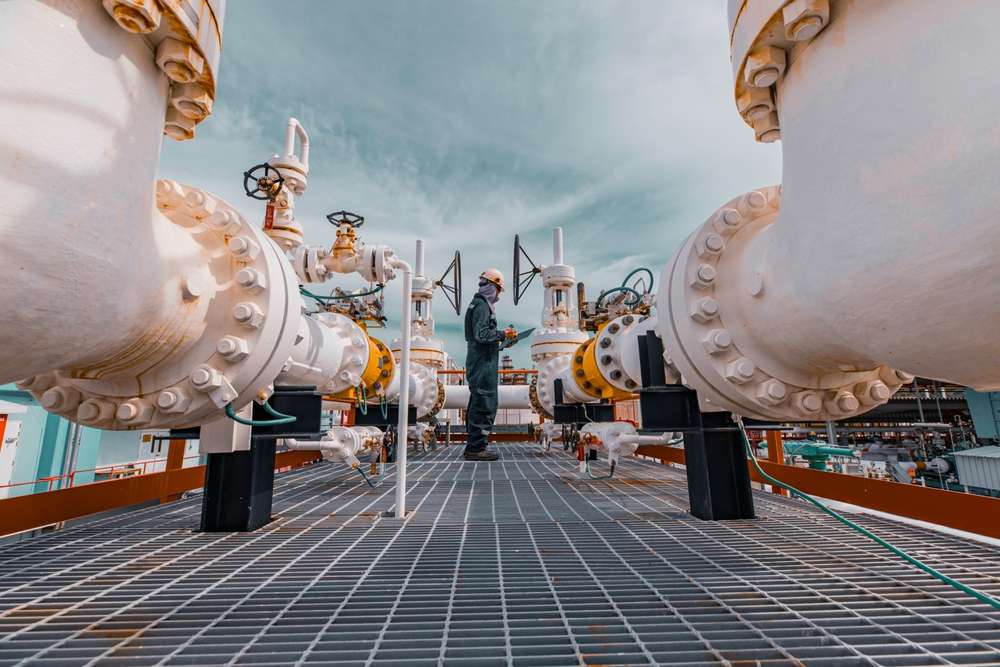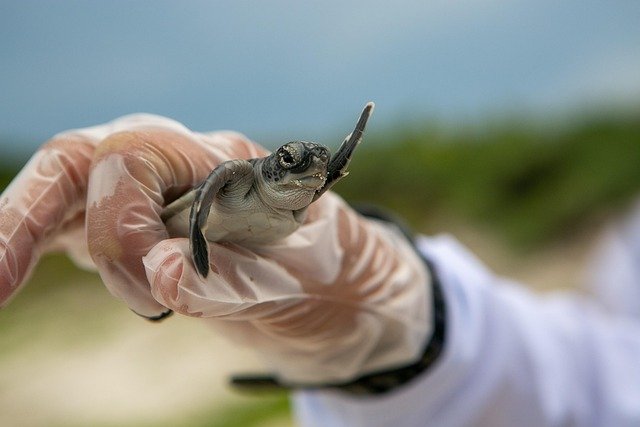Offshore Jobs: Career Opportunities in Marine and Energy Industries
Starting a career offshore often begins with specialized training and certifications for roles in oil, gas, or maritime industries. Jobs may involve long shifts at sea, requiring adaptability and safety awareness. Opportunities vary from engineering to maintenance and support work.

What Are Offshore Jobs?
Offshore jobs encompass all positions located on platforms, vessels, or facilities situated away from land, typically in marine environments. These positions include roles in oil and gas extraction, renewable energy installation and maintenance, marine research, shipping, and support services. The offshore industry has distinct working patterns, typically following rotation schedules where personnel work continuously for weeks or months before returning to shore for equivalent rest periods.
Workers in offshore positions operate in isolated environments with specialized safety protocols and equipment. Common rotation patterns include “14/14” (two weeks on, two weeks off), “21/21,” or even longer schedules such as “28/28” for international assignments. The isolation factor creates a unique workplace culture with tight-knit teams living in close quarters, sharing meals, recreational facilities, and sleeping accommodations on platforms or vessels.
Types of Offshore Careers
The offshore industry offers diverse career paths across multiple sectors. The oil and gas sector remains the largest employer, with positions ranging from drilling engineers and geologists to mechanical technicians and safety officers. Roles on drilling rigs include roughnecks, roustabouts, drillers, derrick operators, and subsea engineers, all working together to extract resources safely and efficiently.
Beyond petroleum, the rapidly growing offshore renewable energy sector provides expanding opportunities. Wind farm technicians, electrical engineers, and maintenance specialists are increasingly in demand as nations invest in clean energy infrastructure. Maritime shipping also offers offshore careers including deck officers, engineers, dynamic positioning operators, and vessel support teams that facilitate global trade and logistics operations.
Specialized support services represent another significant employment category, including catering crews, medical personnel, environmental compliance officers, and helicopter transport teams. These professionals ensure the comfort, health, and safety of the primary operational staff while maintaining regulatory compliance in challenging marine environments.
Skills Required for Offshore Work
Succeeding in offshore jobs requires a combination of technical expertise, physical stamina, and psychological resilience. Technical qualifications vary by position, with many roles requiring specialized certifications such as Basic Offshore Safety Induction and Emergency Training (BOSIET), Helicopter Underwater Escape Training (HUET), or specific equipment operation credentials. Even entry-level positions typically require safety training before deployment.
Physical fitness is essential due to the demanding nature of many offshore roles, which may involve heavy lifting, climbing, and working in varying weather conditions. Employers conduct thorough medical examinations before hiring to ensure candidates can handle the physical demands and potential emergencies in remote locations.
Psychological resilience becomes equally important when working extended periods away from family and familiar support systems. Successful offshore workers develop effective coping strategies for isolation, demonstrate strong teamwork skills, and maintain focus during long shifts. Communication skills are paramount, as clear information exchange prevents accidents and ensures operational efficiency in high-risk environments.
How to Start a Career Offshore
Beginning an offshore career typically follows several pathways depending on your background and career goals. Many technical professionals enter with relevant land-based experience in fields like engineering, mechanics, or electrical work, then transition to offshore positions after obtaining industry-specific certifications. Entry-level positions such as roustabout or catering assistant provide access points for those without specialized training.
Education requirements vary significantly by role. While some positions require only high school education with on-the-job training, technical and management roles typically demand relevant degrees or diplomas. Specialized offshore training institutes offer programs specifically designed for marine and energy industry roles, providing both theoretical knowledge and practical skills.
Networking plays a crucial role in securing offshore positions. Industry conferences, specialized job fairs, and professional associations provide valuable connections. Many workers begin their careers through employment agencies that specialize in offshore recruitment, which can help navigate the complex application processes and required certifications.
Compensation and Benefits in Offshore Careers
Offshore jobs typically offer competitive compensation packages reflecting the challenging work conditions and required expertise. Salary structures vary widely based on position, experience level, and geographic region of operation. Entry-level positions such as roustabouts or catering assistants might earn $40,000-$60,000 annually, while specialized technical roles can command $80,000-$150,000+. Management and engineering positions often exceed $150,000-$200,000 annually.
Beyond base salary, offshore workers typically receive comprehensive benefits including medical insurance with international coverage, retirement plans, and sometimes profit sharing. The rotation schedule creates unique lifestyle benefits - while offshore periods involve intense work schedules, the extended time off enables pursuits impossible with traditional employment patterns.
| Position Type | Experience Level | Typical Annual Salary Range (USD) | Common Rotation Pattern |
|---|---|---|---|
| Entry-Level (Roustabout, Catering) | 0-2 years | $40,000-$60,000 | 14/14 or 21/21 |
| Technical Specialist (Mechanic, Electrician) | 3-5+ years | $70,000-$90,000 | 14/14 or 28/28 |
| Specialized Technical (ROV Operator, Driller) | 5+ years | $80,000-$120,000 | 28/28 or 35/35 |
| Professional (Engineer, Geologist) | 5+ years | $100,000-$170,000 | 28/28 |
| Management | 10+ years | $150,000-$250,000+ | Varies |
Prices, rates, or cost estimates mentioned in this article are based on the latest available information but may change over time. Independent research is advised before making financial decisions.
Challenges and Realities of Offshore Life
While offshore careers offer financial rewards and unique experiences, they present significant challenges deserving careful consideration. The extended separation from family and friends creates strain on relationships and can lead to feelings of isolation despite being surrounded by colleagues. Living quarters, while typically comfortable, offer limited privacy and personal space compared to traditional housing.
The physical work environment includes exposure to extreme weather conditions, potential hazards from equipment operation, and the omnipresent risks associated with marine environments. Industry safety standards have improved substantially over decades, but offshore work still ranks among the more hazardous occupational categories, requiring constant vigilance and adherence to safety protocols.
The psychological impact of rotating schedules creates disruption to normal life rhythms. Workers must adapt to transitioning between intensive work periods and extended time off, which can affect sleep patterns, exercise routines, and social connections. Successful offshore professionals develop strategies to manage these transitions effectively, creating fulfilling lives both on their platforms and during shore leave periods.




